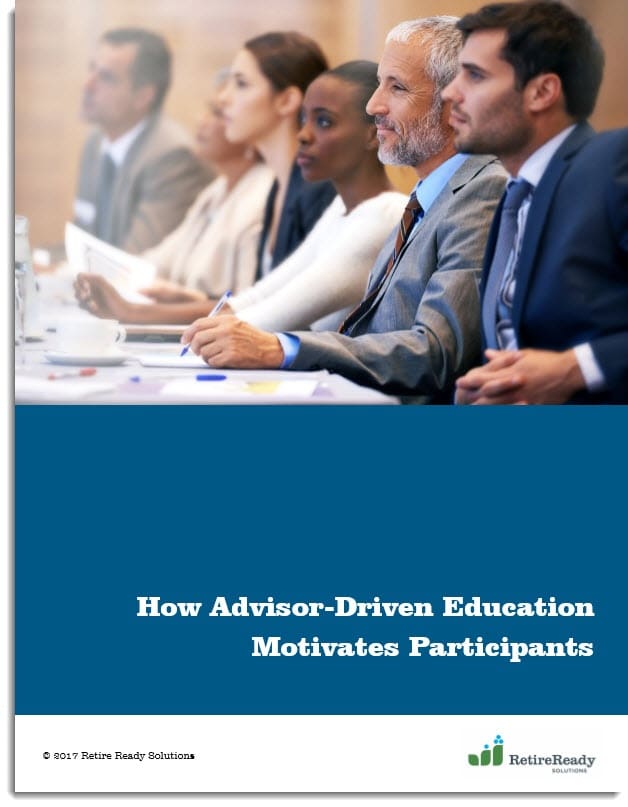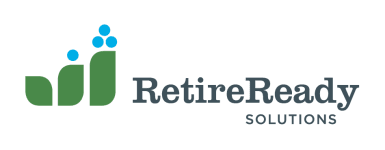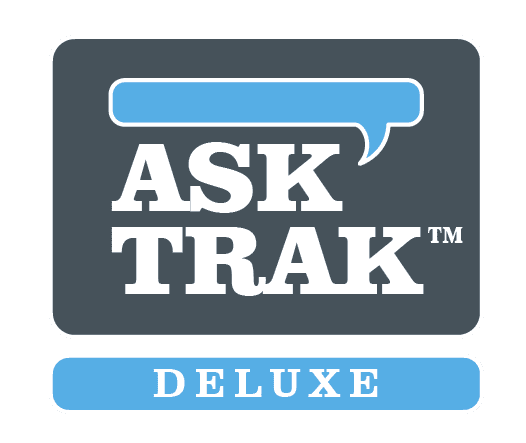Advising plan sponsors and participants is a rewarding job but, in the changing qualified plan landscape, it can be increasingly difficult to win news plans. On one side, plan sponsors are feeling the heat from recent litigation focusing on fiduciary duties, fees, fund choices and other factors. On the other side, more advisors are looking to the qualified plan space as a potential avenue for business growth. With more advisors to choose from and more regulatory and legal pressures, plan sponsors may be tempted to focus on the lowest common denominator: price.
With a focus on which advisor has the lowest cost, plan sponsors may think they are acting in participants best interests, but are they really? For the advisor, focusing on cost commoditizes you and rather than emphasizing the great and unique services you can provide, creates a rush to the lowest price. Remember, if you win a plan because you have the lowest cost, what happens the next time the plan sponsor puts the plan out for bid and somebody offers a lower price than you! We are seeing this phenomenon in other areas of the industry as the large fund providers are slashing their expense ratios on an almost weekly basis in an effort to be the cheapest because there is a perception that the cheapest is the best.
Don’t get caught in this trap – you are not a commodity, you are a skilled professional with valuable expertise and unique services to provide plan sponsors. Let’s look at a few ways to avoid being commoditized by plan sponsors and to build your business and marketing around the value you create.
Why are plan sponsors commoditizing plan advisors?
Many plan sponsors may be tempted to focus on the lowest common denominator when selecting a plan advisor: what is the cost? What are their reasons for doing so? I believe there are several:
- Many of the recent lawsuits brought by participants against plan sponsors are focused on costs. Why were certain higher costs funds choices were offered instead of lower costs choices? Were the plan administration fees reasonable? Even though much of the focus has been on fund cost, plan sponsors may be tempted to apply the low-cost logic to other areas, believing that the lowest cost advisor will be the safest choice legally.
- With more advisors entering the qualified plan market and each advisor providing slightly different services, plan sponsors can feel overwhelmed by their options both an advisor and in the types of services they want and need. In comparing a group of advisor proposals, each offering a different menu of services, it can be easy for plan sponsors to focus on the one thing they have in common: price.
- Many advisors, knowing that the plan sponsor may be heavily cost-focused, may choose to differentiate themselves on cost rather than on their real value proposition. By doing so, advisors contribute to the race to the bottom and will end up competing based on the price of their services and not the value they provide. The problem is, there will always be someone who can do it cheaper than you can, even if they can’t provide the same value that you can.
How can advisors break out of the price wars?
If the description above sounds disheartening, then it’s time to look at some ways to avoid this situation. There are a few things an advisor can do to truly differentiate themselves and to put the emphasis back on the value they create rather than how much it will cost.
- An advisor needs to know who they are and understand what differentiates them. No two plan advisors are exactly alike. Different advisors have different experiences, training, expertise, and processes. Don’t try to be the same as everyone else. Know who you are and know your strong suit that sets you apart from other advisors.
- An advisor needs to understand a plan sponsor’s underlying needs and pain points. While the most visible focus is on cost, what is the underlying pain point? Plan sponsors want to act in their participant’s best interests. They have a fiduciary responsibility which is meaningful from a paternalistic and a business standpoint but also important for avoiding legal troubles down the road. An advisor who understands this will focus their value proposition on helping plan sponsors fulfill their fiduciary responsibility. For some advisors this might mean becoming the fiduciary; that is a differentiator. For others, it can be providing guidance or education that helps meet this standard. An advisor who demonstrates the ability to solve the plan sponsor’s pain point will not need to drop their fees because they have changed the value perception from providing the lowest cost service to providing the services that the plan sponsor really needs.
- An advisor who knows their strengths and knows the plan sponsors underlying needs is now in a position to tailor their proposal, marketing materials, and other communications to emphasize their true value proposition of providing expertise and services that directly address the plan sponsors’ felt needs.
An advisor who can present themselves in this way will be in a position to compete against other advisors without having to lower their fees. Yes, this strategy will require more work than simply lowering your fees, you will need to do some research on individual plan sponsors to understand their needs. But the plans that you win using your true value proposition coupled with a proposal that directly addresses each plan sponsor’s needs will be plans that will be inclined to retain your services for the long term. Advisors, don’t play this game, refuse to be commoditized! You have unique expertise and experience that is directly applicable to the plan sponsor which will ultimately be in the best interests of the participants.
If you are looking for unique solutions to differentiate yourself from other advisors in the retirement plan market, check out The Retirement Analysis Kit (TRAK)’s plan-focused solutions which can provide personalized reports for each participant as well as participant outcomes report for the plan sponsor. TRAK retirement planning software for advisors has many unique features to help you improve participant outcomes and grow your business.
Also, be sure to download our free whitepaper How Advisor-Driven Education Motivates Participants!

Free Download
How Advisor-Driven Education Motivates Participants
Triple your business by engaging 401(k) participants in retirement readiness
Download our whitepaper today!



